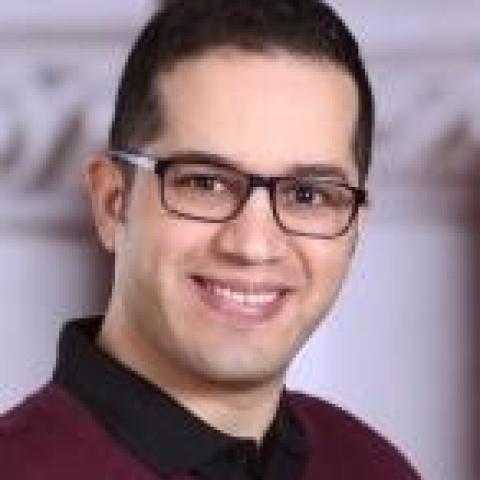Jennifer Singh, Ph.D.

Jennifer S. Singh is Associate Professor of Sociology and Director of Undergraduate Studies in the School of History and Sociology in the Ivan Allen College of Liberal Arts at Georgia Tech. She has a PhD in sociology from the University of California, San Francisco and specializes in medical sociology and science and technology studies. Her research investigates the intersections of genetics, health and society, which draws on her experiences of working in the biotechnology industry in molecular biology and as a public health researcher at the Center for Disease Control and Prevention. Her book, Multiple Autisms: Spectrums of Advocacy and Genomic Science, explores a range of perspectives from scientists, activists, parents, and people living with autism surrounding the rise and implementation of autism genetics research. Her current research investigates structural inequities to autism diagnosis and services based on race, social class and gender.








